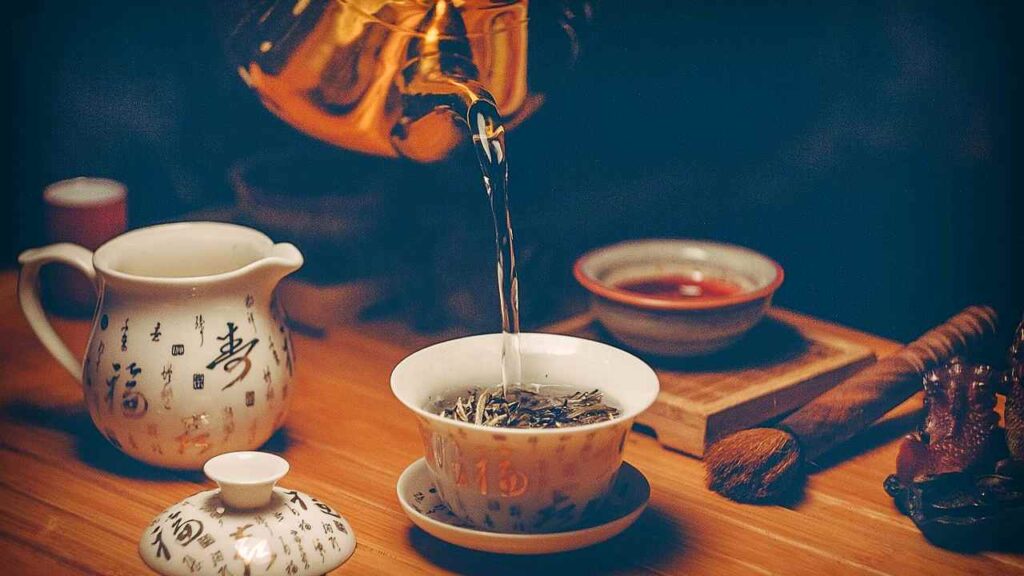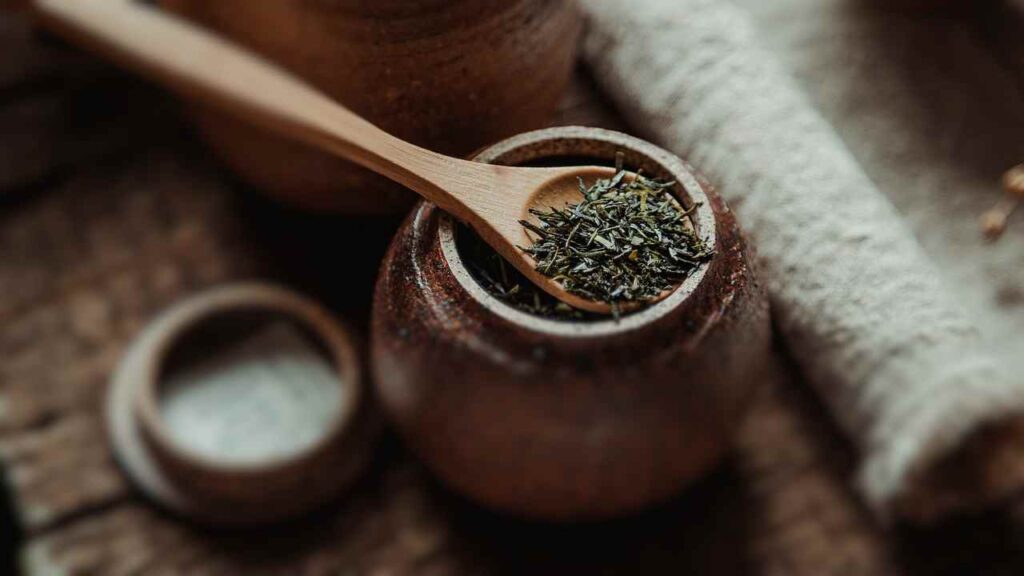Regular consumption of a food or drink, even when considered beneficial, could cause the body to react in an unexpected way. Yes it can drink tea every afternoon?
Drink tea every afternoon For many it has become almost a ritual that winks at English habits because tea time relaxes and warms during the coldest days.
However, when a person regularly introduces this drink into their daily routine, one must be aware of its effects on the body.
Tea, origins and varieties
Tea is a popular drink made from the leaves of the plant Camellia sinensis. There are several varieties, each with distinct characteristics and production processes.
- Green tea: Green tea, loved for its fresh, slightly herbaceous taste, has gained popularity due to its many health benefits. Green tea leaves undergo minimal oxidation, thus maintaining a high antioxidant content.
- Tender: With its dark color and full flavor, black tea is the result of a more complete oxidation process of the tea leaves. This is what gives it its characteristic robust flavor and complex aromatic profile (as well as its richness in theine, flavonoids and antioxidants).
- White tea: It is considered one of the most delicate and refined teas. The young, tender leaves undergo minimal processing, thus preserving their natural freshness and sweetness. White tea is renowned for its high content of polyphenols and antioxidants.
- Oolong tea: It can be considered as a harmonious fusion between green tea and black tea, thanks to its process of partial oxidation of the leaves. With a complex flavor that ranges from slightly floral to slightly fruity, oolong tea offers a range of benefits.
Of course, in addition to the main varieties, there are unique and fascinating teas that capture attention with their distinctive flavors and aromas.
Drinking tea every afternoon: what are the effects?

Tea offers more than just relief on a cold day or a refreshing break. Its leaves are a source of numerous benefits that manifest themselves when you make tea part of your daily routine. But what are the effects of drink tea every afternoon?
- Immune system – This drink promotes a more robust response in the body against external threats, helping to fend off common diseases and infections.
- Free radicals – It is rich in polyphenols and antioxidants, such as catechins and flavonoids, which have been shown to protect cells from damage caused by free radicals.
- Cardiovascular health – Catechins can help improve cardiovascular health by reducing blood pressure and cholesterol levels.
- Metabolism – Green tea, in particular, is known to aid weight loss and metabolism. The credit goes to the catechins and caffeine present which can help burn fat and improve fat oxidation in the body, thus contributing to weight management.
Are there any risks in drinking tea every afternoon?

Tea offers numerous health benefits, but it is important to also consider some downsides or downsides to regular consumption, especially when overused.
- Caffeine content – Although generally lower in quantities than coffee, tea may contain caffeine. Excess caffeine can cause nervousness, anxiety, irritability, sleep disturbances and increased heart rate.
- Interference with iron absorption – Some compounds present in tea, such as tannins, can interfere with the absorption of iron contained in foods, an effect that is particularly relevant for those who suffer from anemia or who need a high intake of iron.
- Risk of staining teeth – Tea can contribute to the formation of stains on the teeth, especially if you drink it in large quantities or if you add sugar or honey.
- Risk of acid reflux – In people with gastroesophageal reflux problems, tea may increase the risk of acid reflux or cause gastric irritation, especially if consumed in large quantities or if it is a very concentrated tea.
- Possible drug interactions – Some compounds found in tea can interact with certain medications. For example, green tea may interfere with some anticoagulant medications, antibiotics, and oral contraceptives.
These “cons” of tea depend on the quantity and frequency of tea consumption: consumed in moderation and mindfully, tea continues to be a healthy drink for many.








